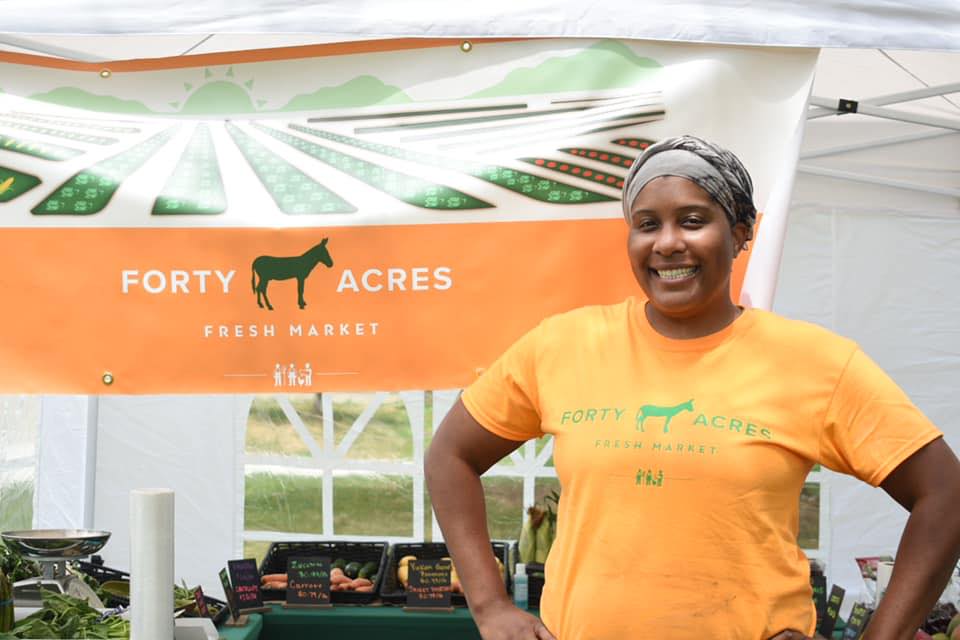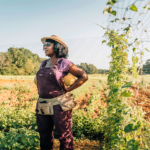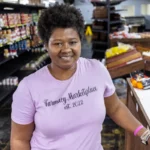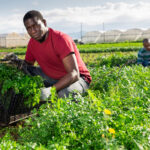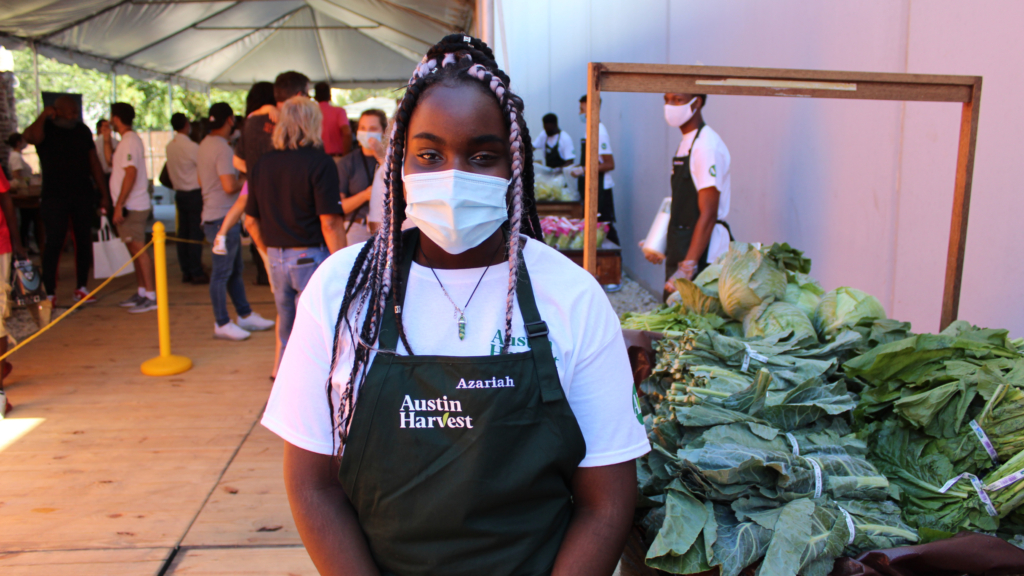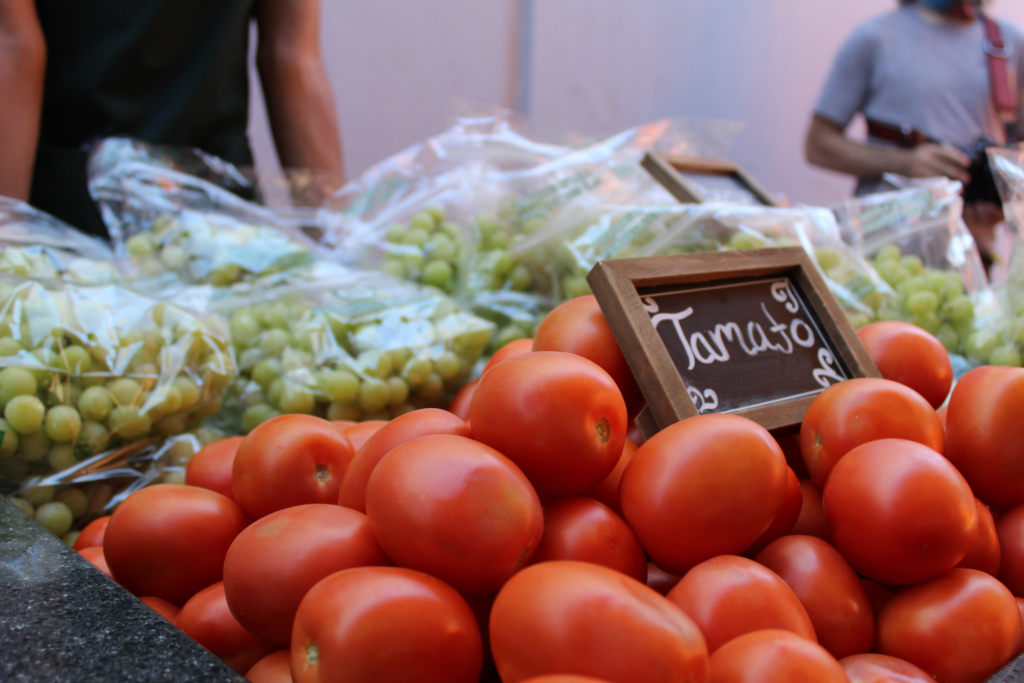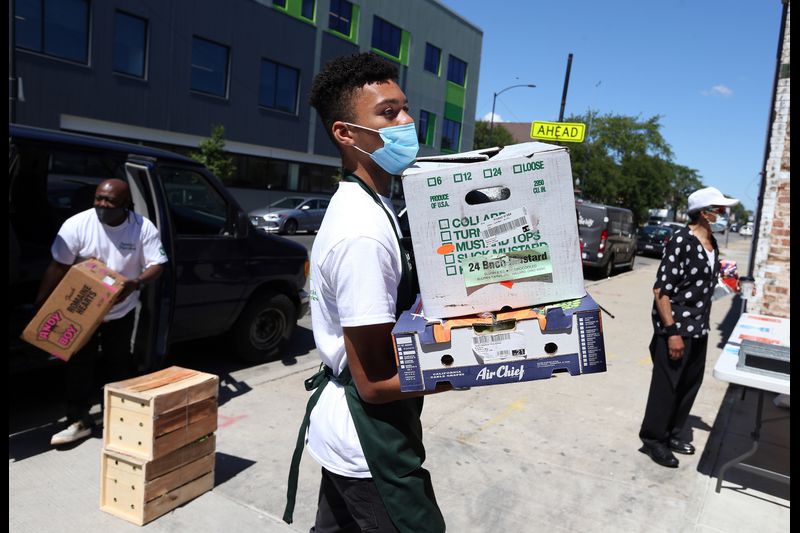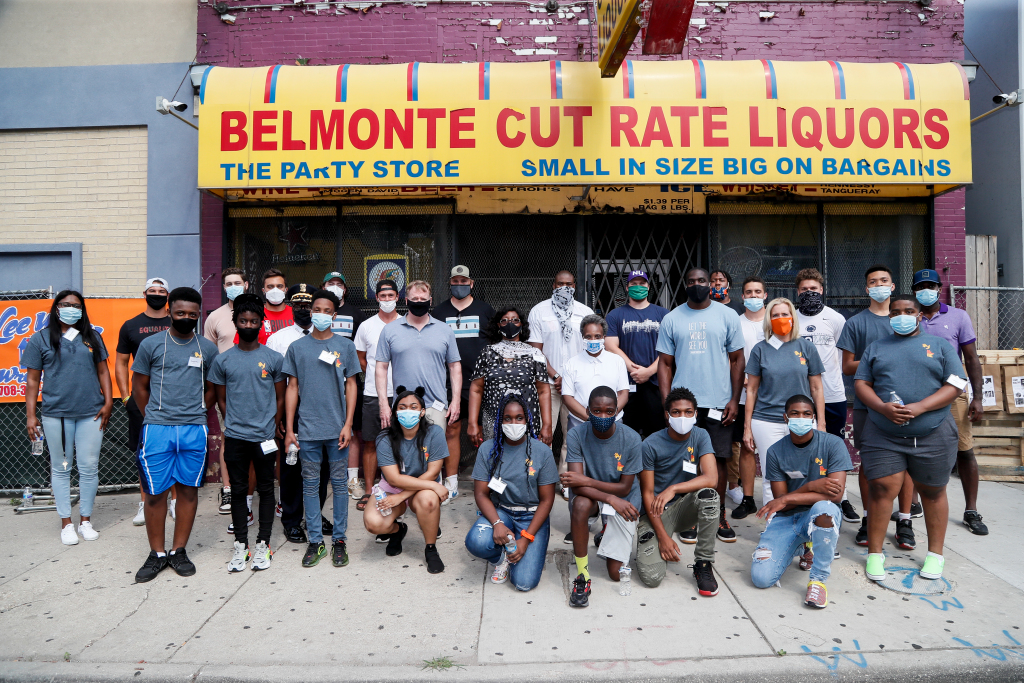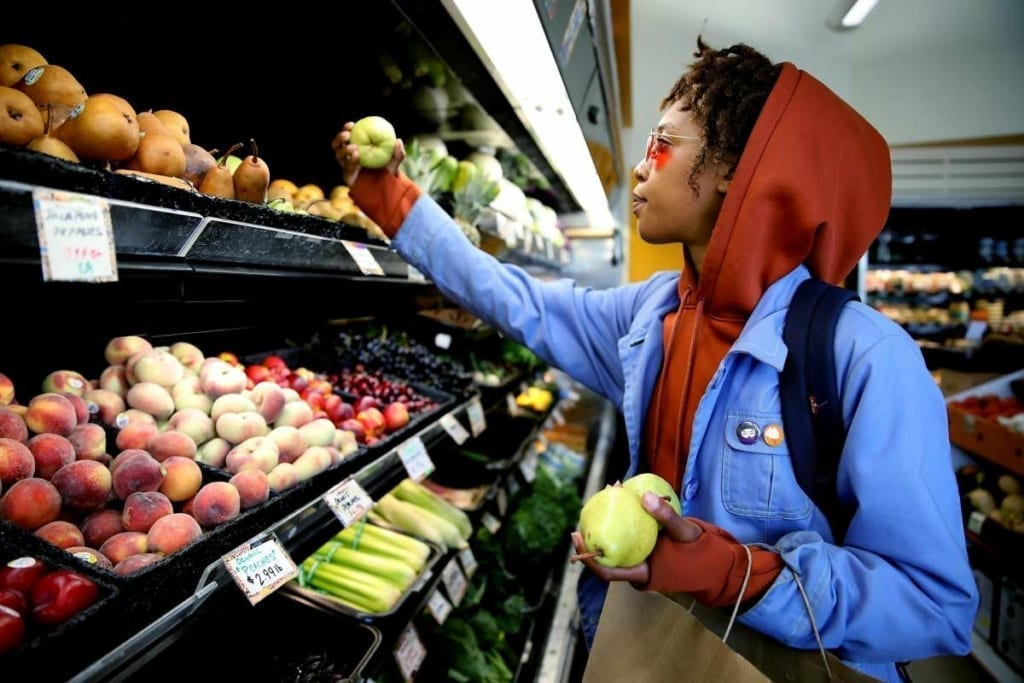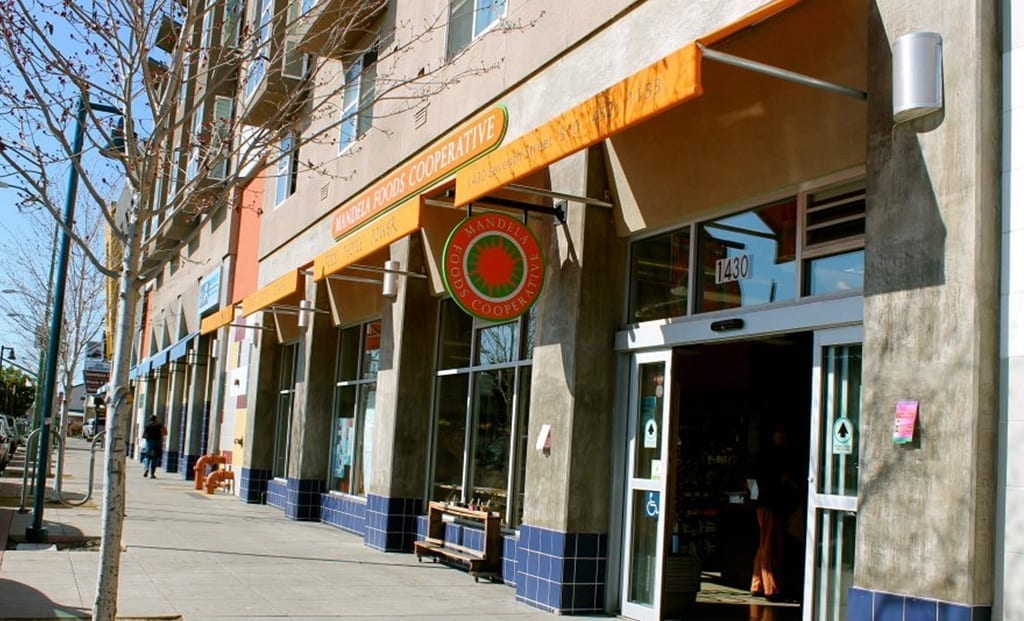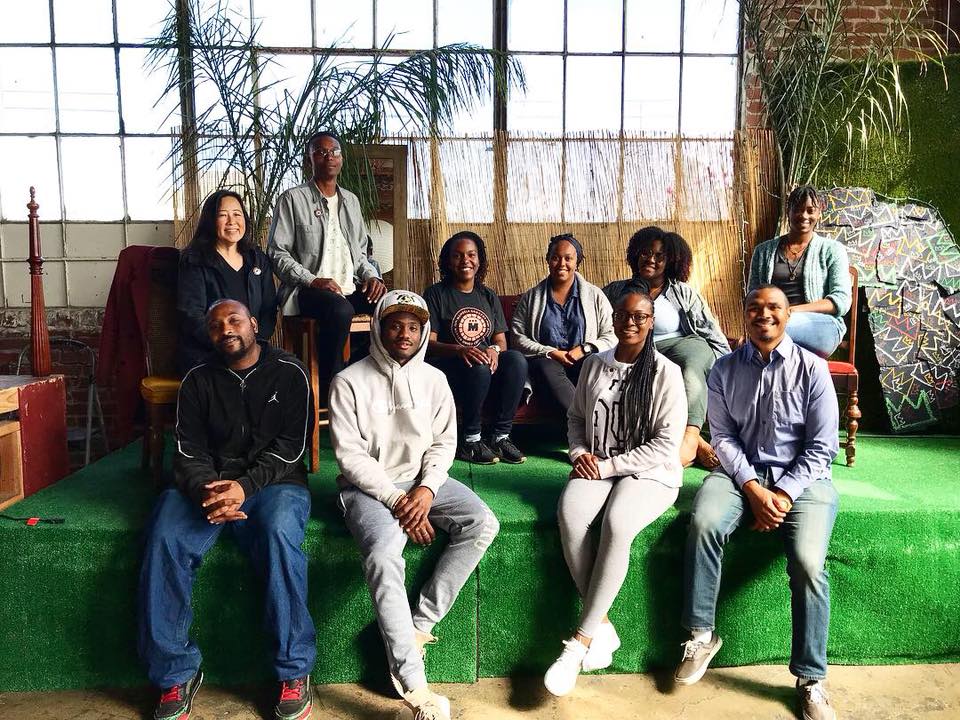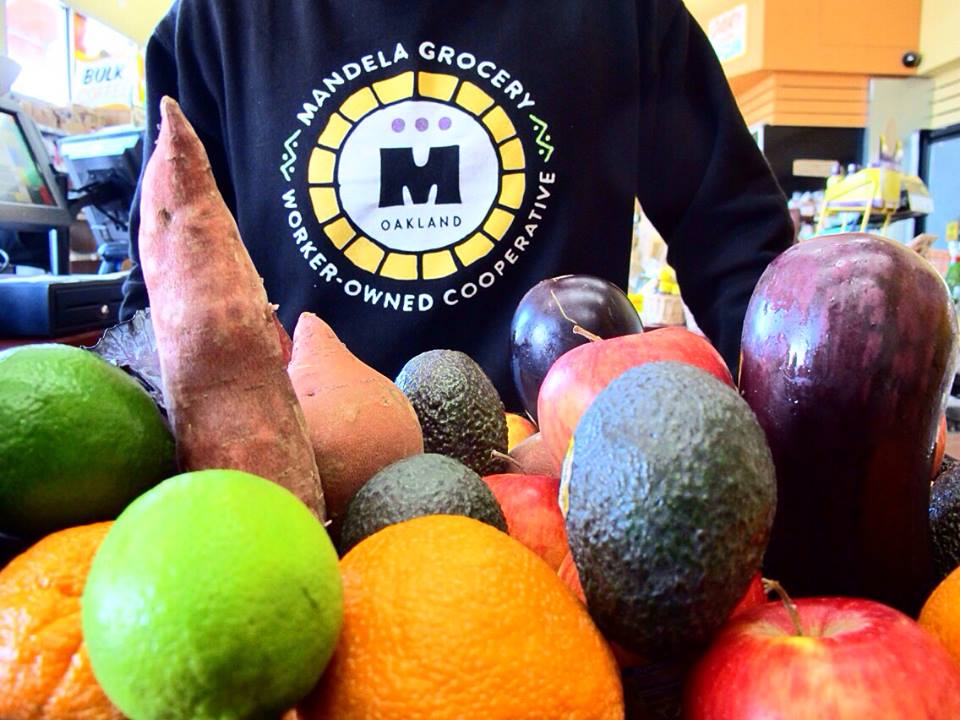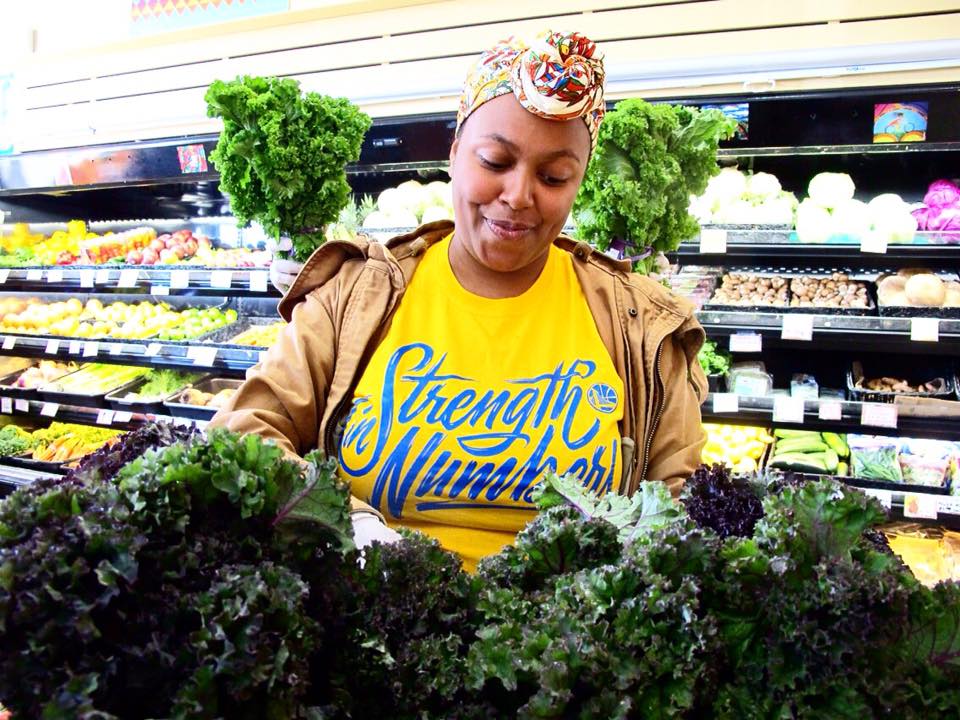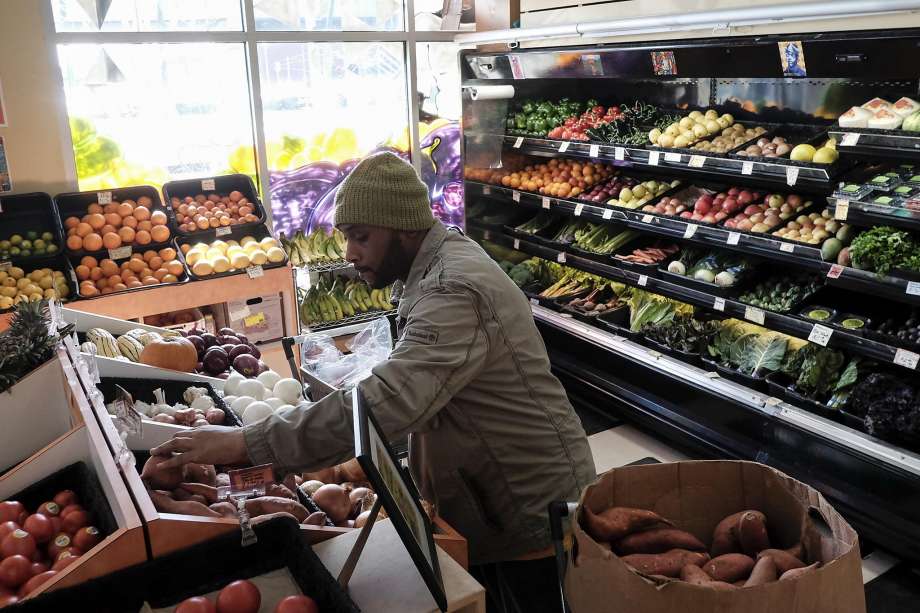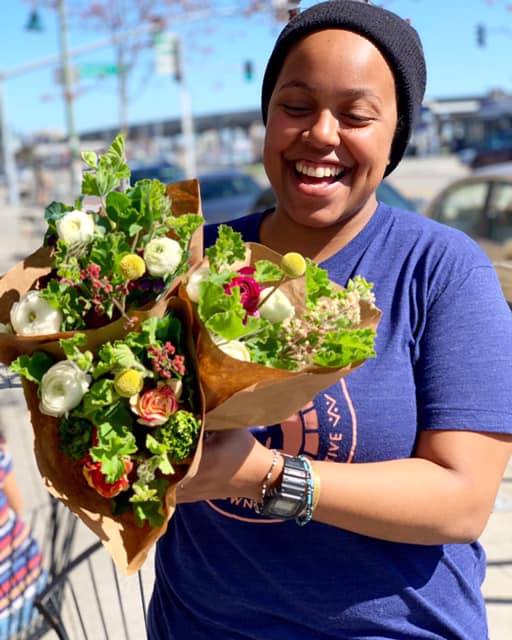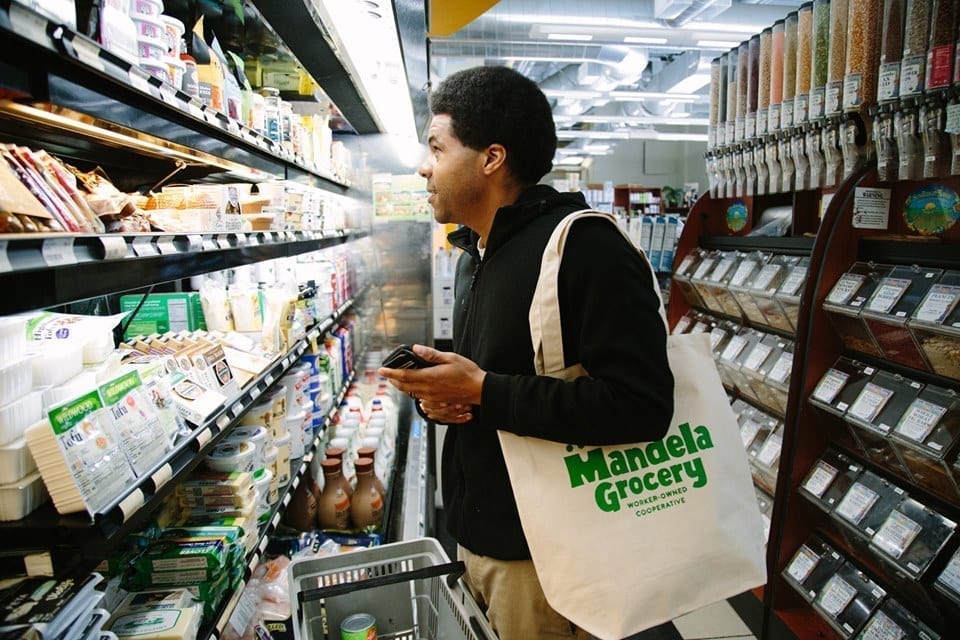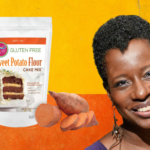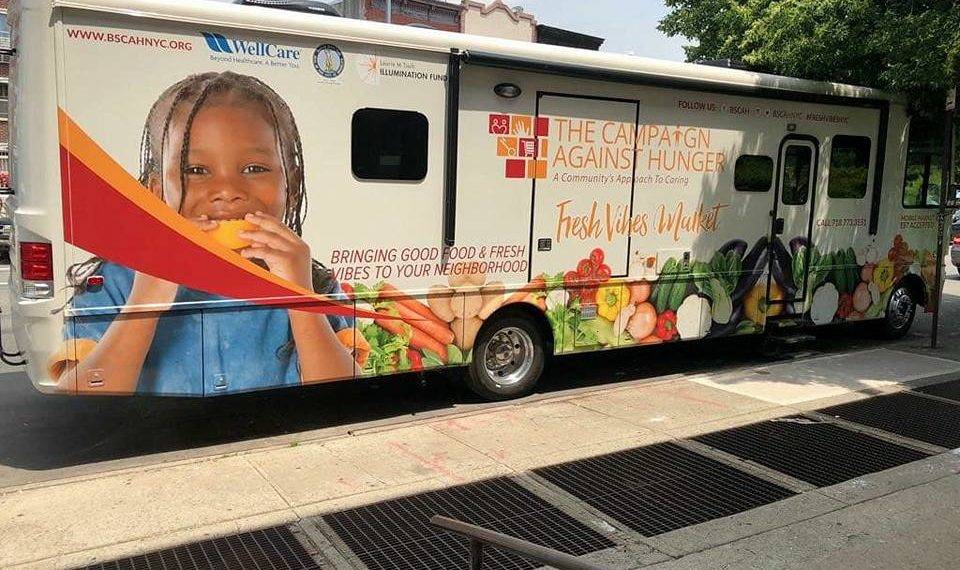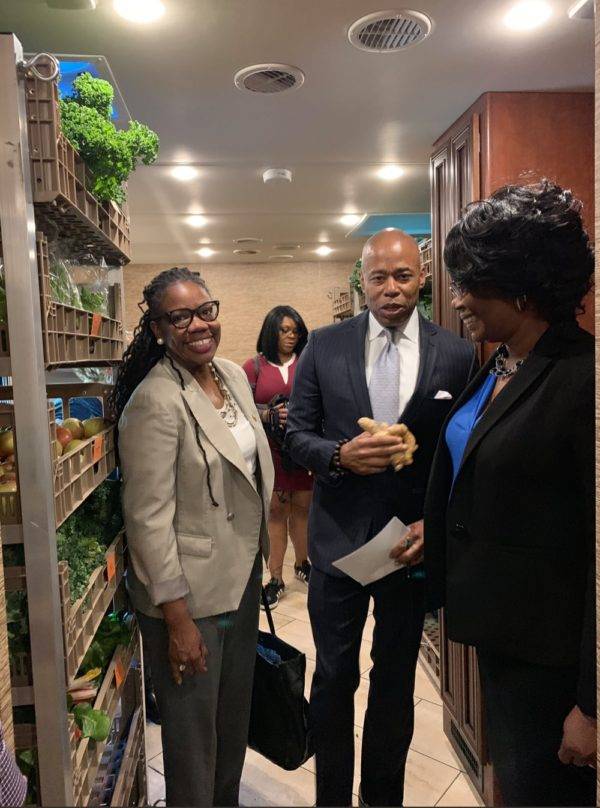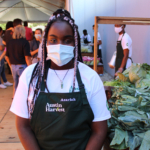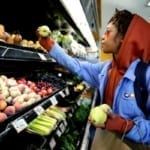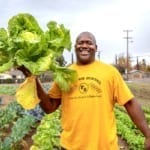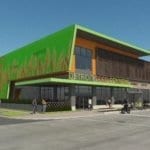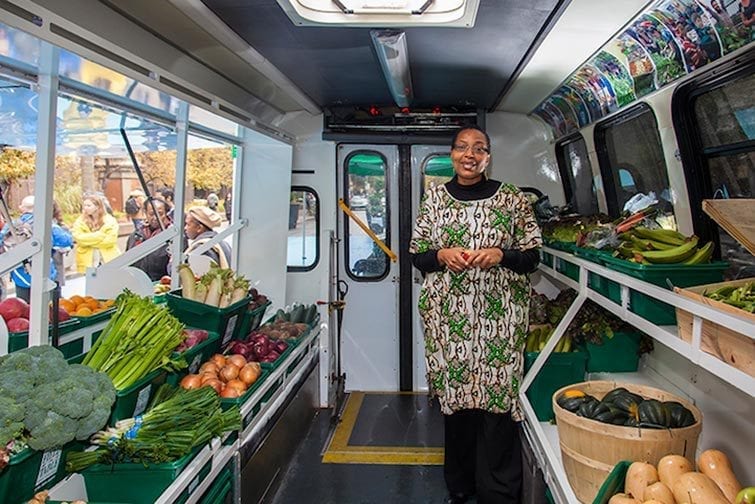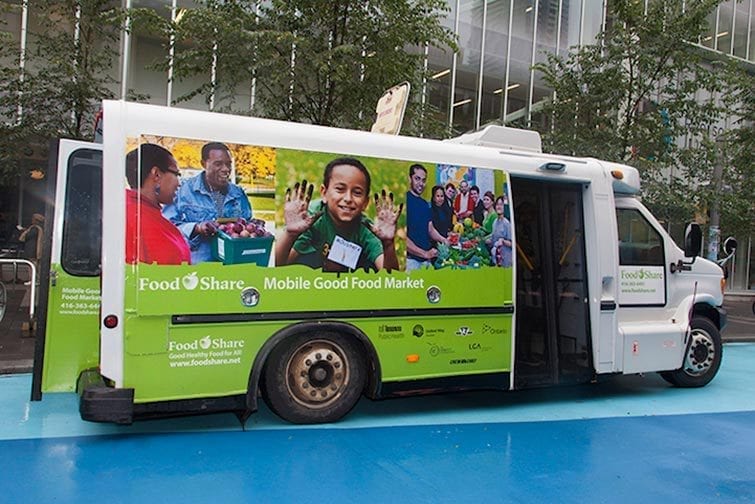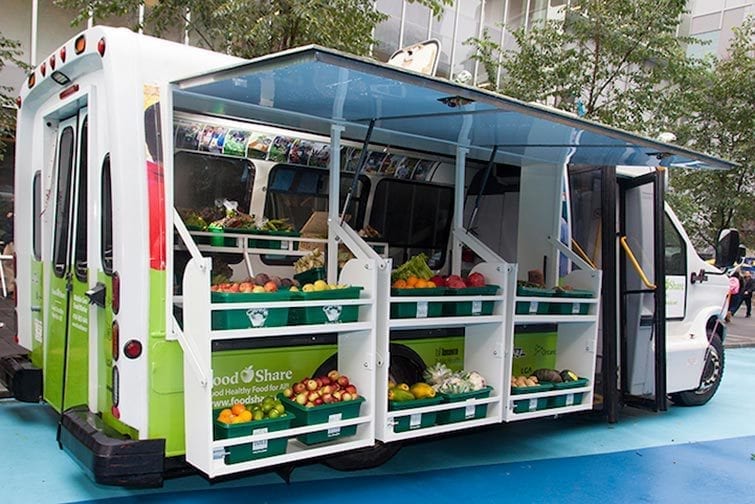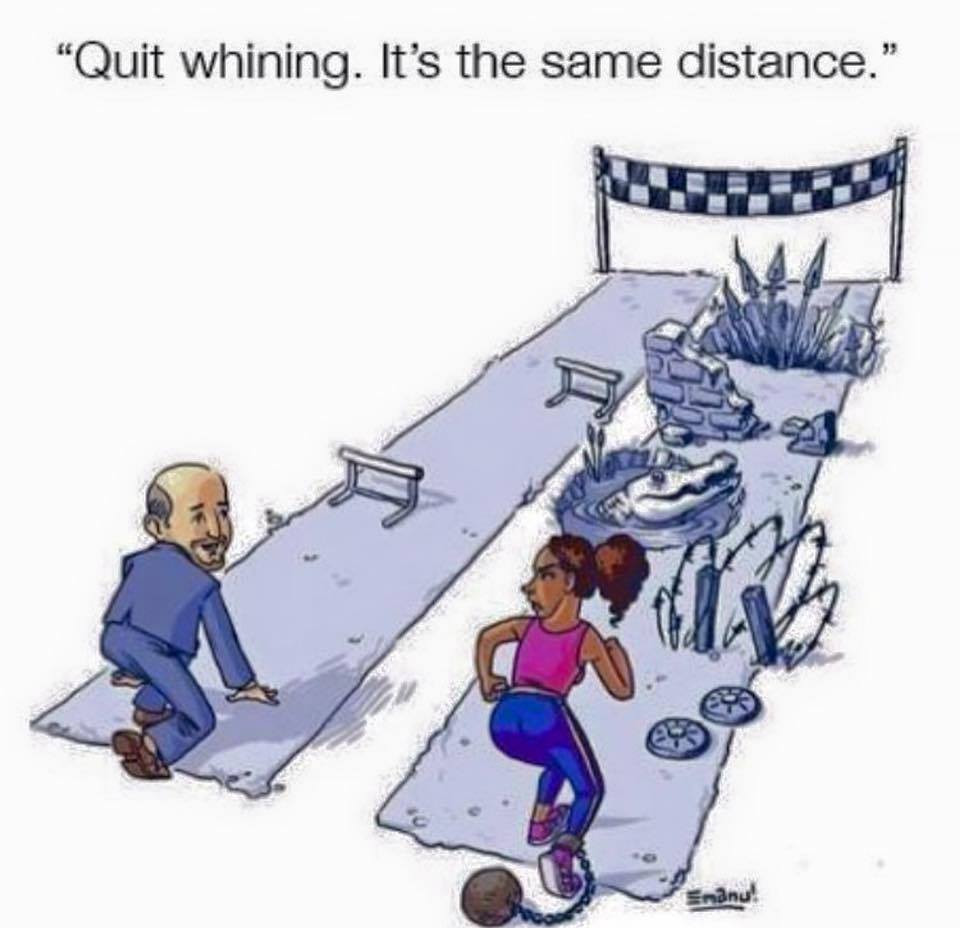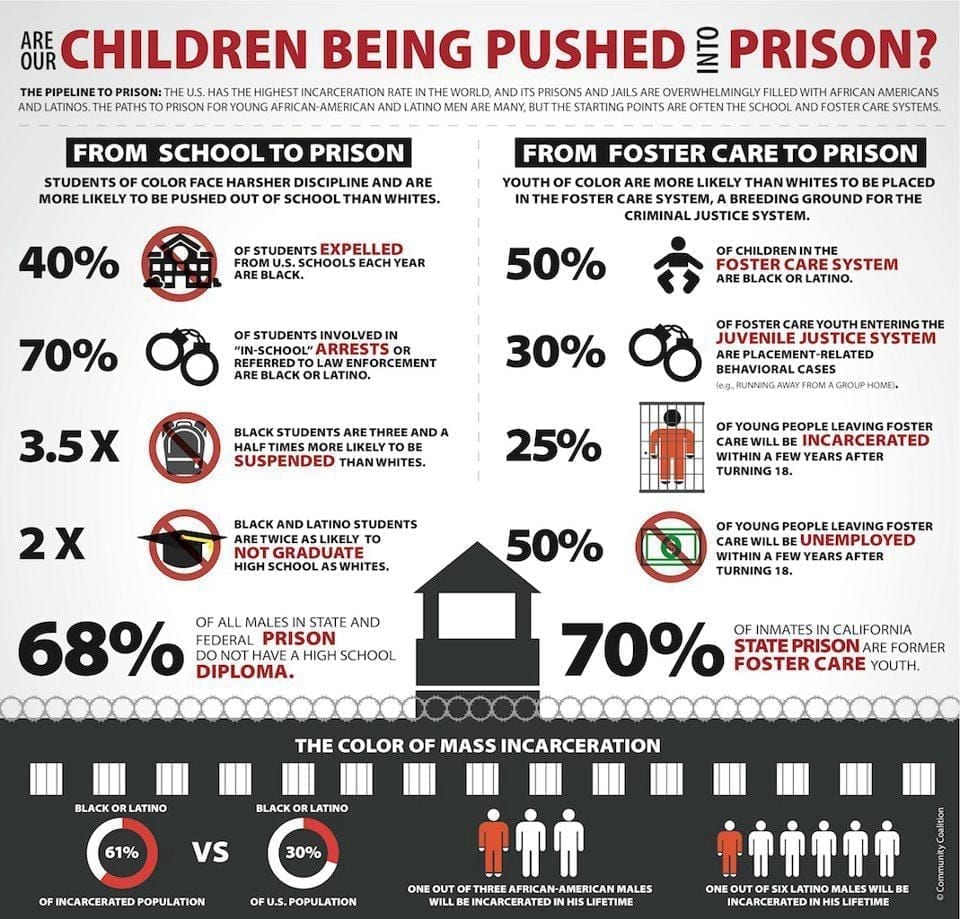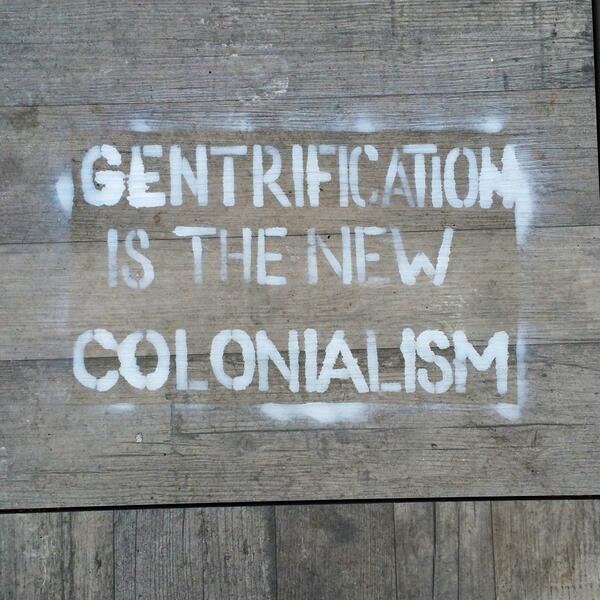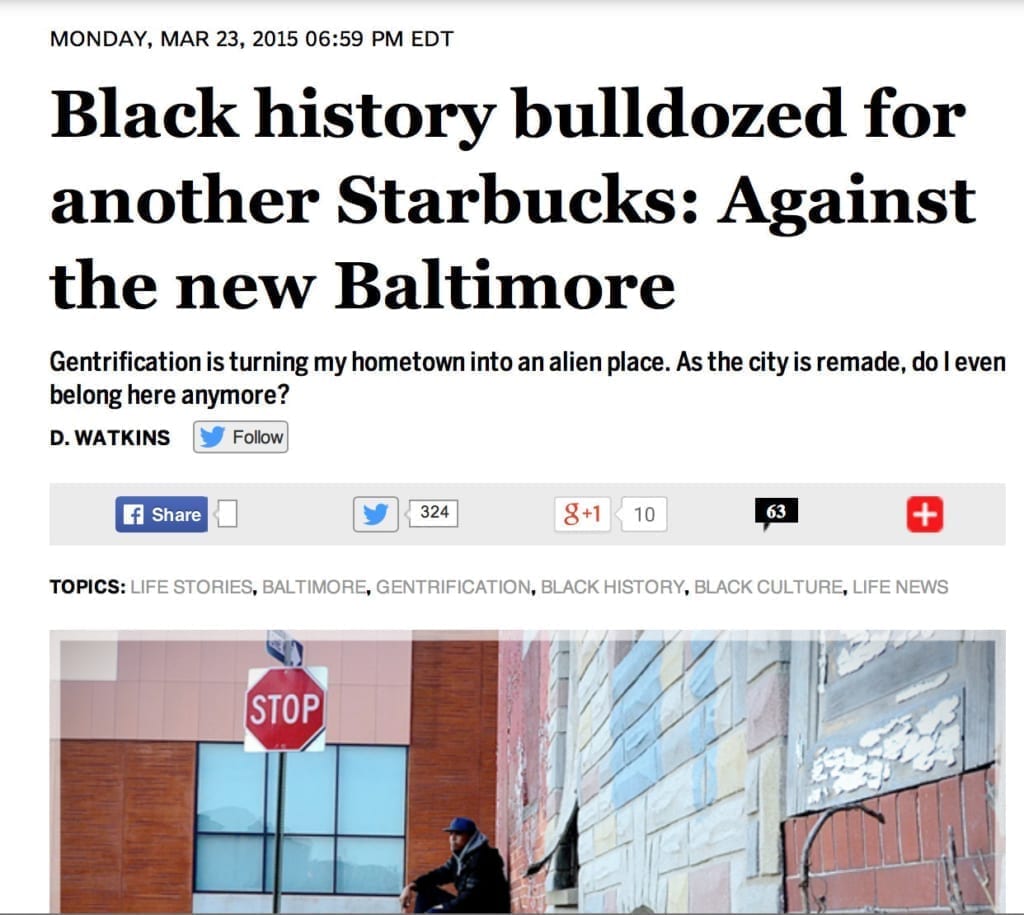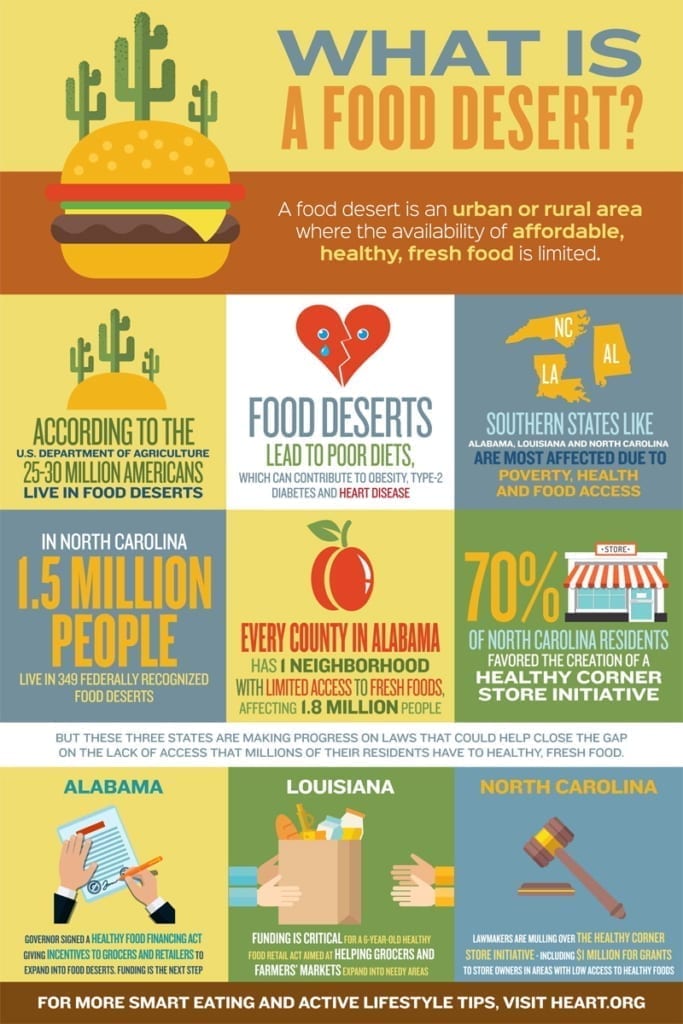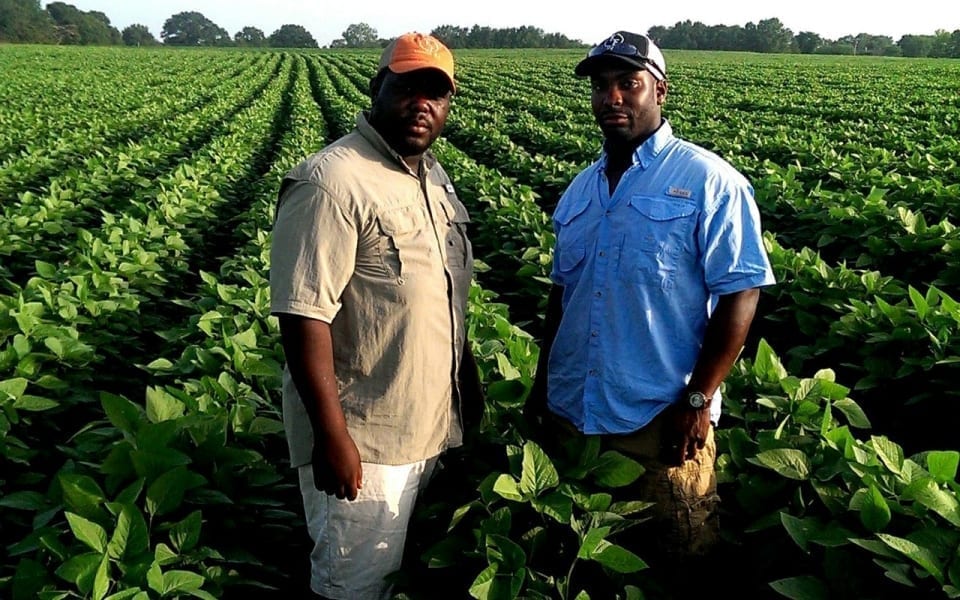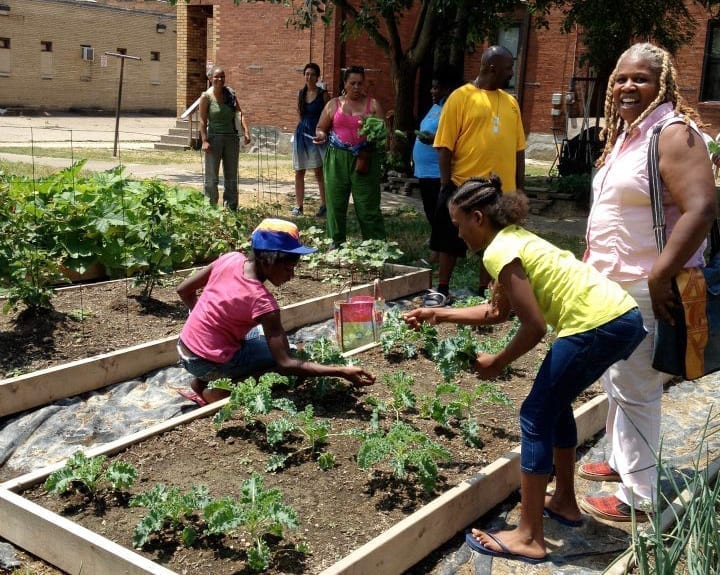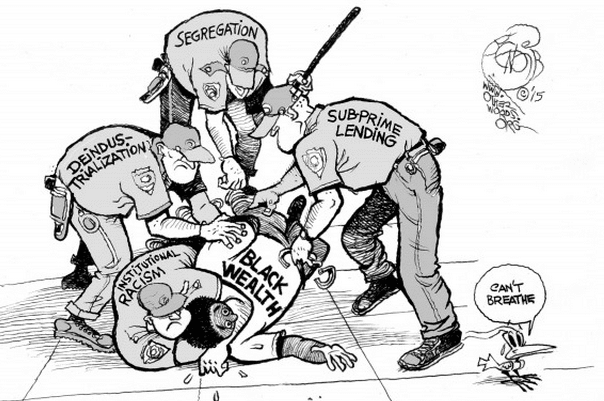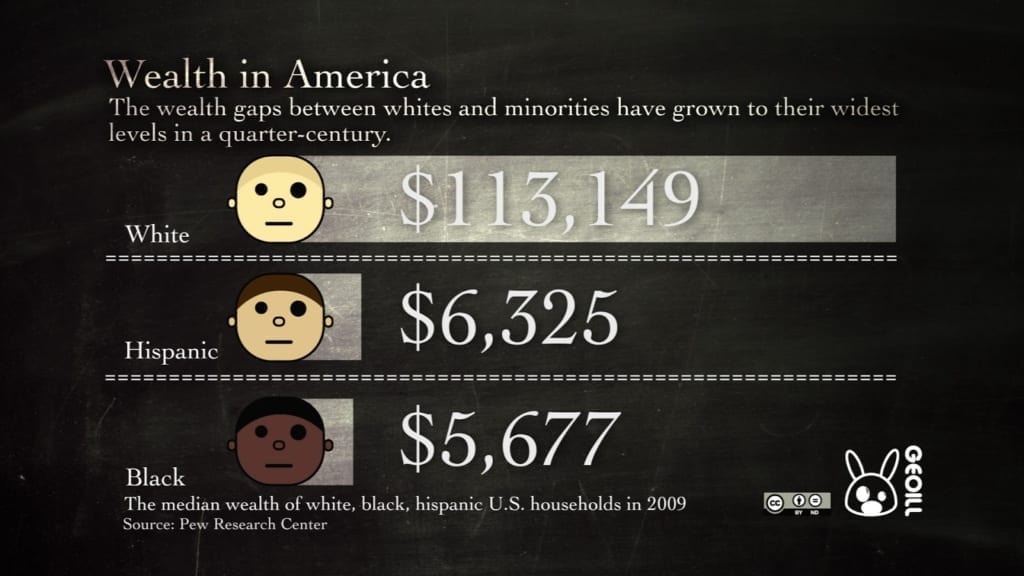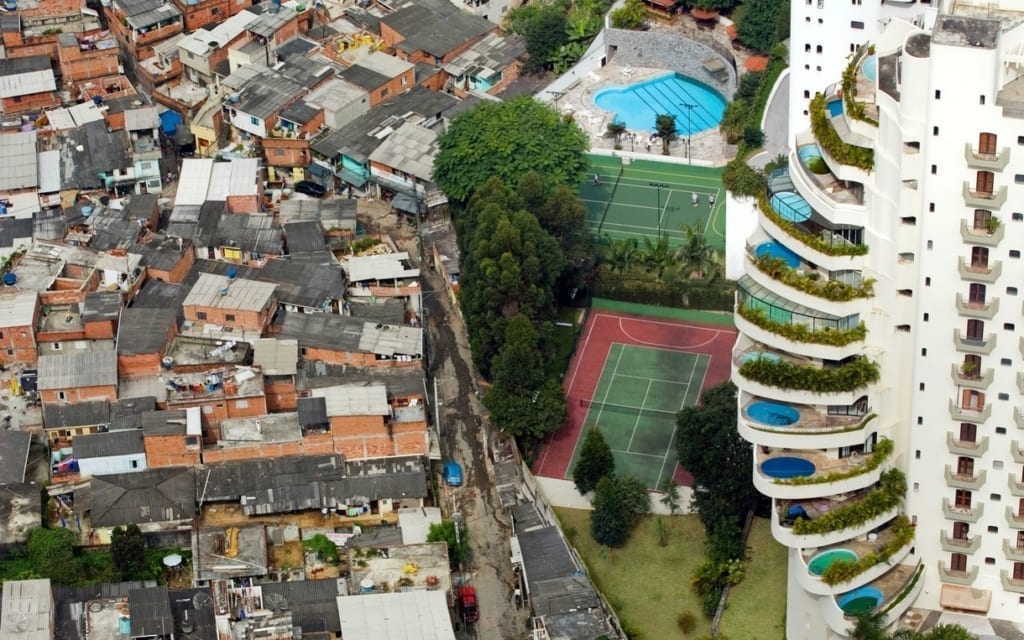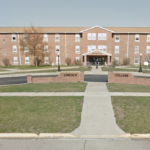Forty Acres Fresh Market is a startup grocer founded in 2018 by Liz Abunaw in response to the lack of fresh food options on Chicago’s West Side.
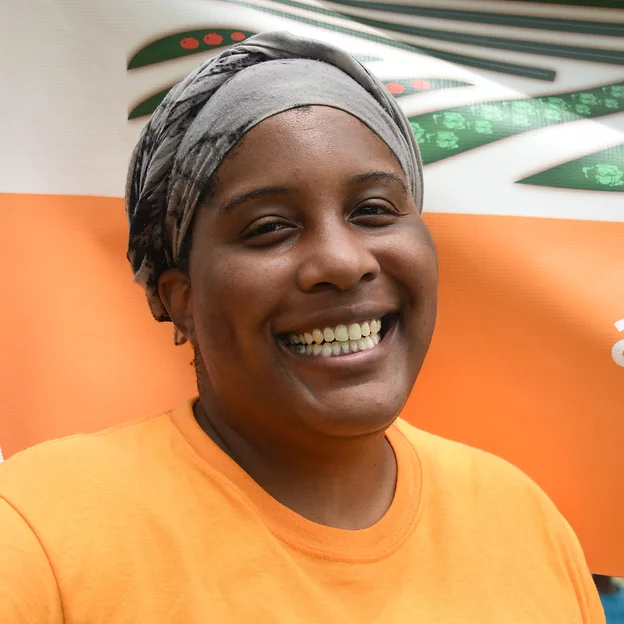
As much as Liz loved offering fresh produce at pop-ups, farmers’ markets, and a grocery delivery service, her dream was to open a brick-and-mortar store.
It seems her dream has come true. The city of Chicago is backing the development of a Black-owned supermarket with a $2.5 million grant, funded under the Chicago Recovery Plan.
The Chicago Recovery Plan Community Development Grant program will offer small grants up to $250,000 and large grants up to $5 million. Business owners can apply online. Applications are accepted on a rolling basis, with a first-round deadline on Jan. 31 and a second-round deadline on March 10.
For Forty Acres Fresh Market, the grant will fund part of the construction costs, including plumbing, mechanical and electrical work for things like refrigerators and freezers. They expect to apply for construction permits in the coming months. Construction will begin once the city approves the permits, a process that could take three to five months.
Tracy Smith has been with Forty Acres since the beginning.
“It’s very exciting,” Smith said. “I’ve never been a part of anything like this … I’ve seen Liz do everything, from the first events to finding a location where they wanted the store … Every time we go over there to get something, someone asks when it is going to open.”
The store will fill the gap in mid-sized grocery stores, allowing residents to stock up on daily food items between major shopping trips. The store will be full-service, with a range of fresh fruits, veggies, prepared foods, frozen items, a refrigerated section and dry goods.
Bringing a grocery store to the area will improve more than just food access, Abunaw said: A grocery store is part of a neighborhood’s social infrastructure that builds cohesion in a community and benefits all businesses along the corridor. The increased foot traffic and local dollars being circulated within the Austin community can “slowly start to shift the perception that there’s nothing on Chicago” Avenue, she said.
“We want people to start associating good shopping experiences with Austin,” Abunaw told Black Club Chicago. “It’s not just buying food. It’s the people, it’s the customer service. It’s the frozen food aisle and discovering new things you didn’t even know you needed.”

